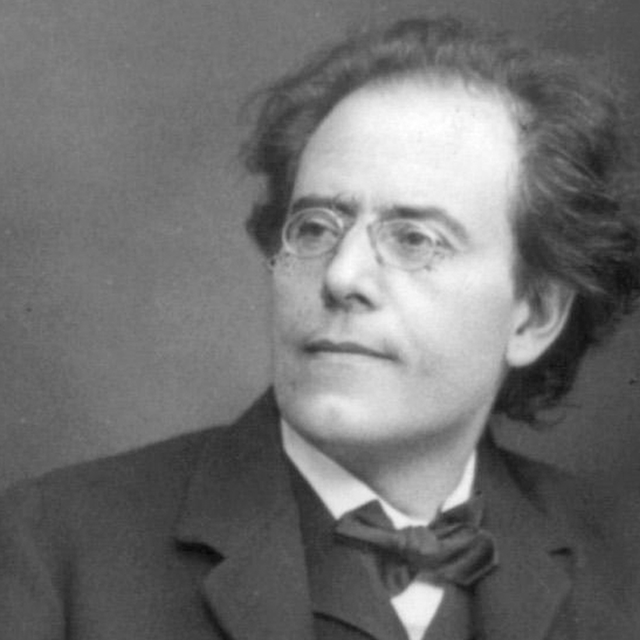June 10 - August 15, 2026
Welcome
The Grant Park Music Festival is a ten-week classical music concert series held annually in Chicago, Illinois’ Millennium Park.
It features the Grant Park Orchestra and Chorus, along with guest performers and conductors, and is one of the only free outdoor classical-music concert series in the US.


